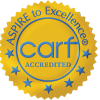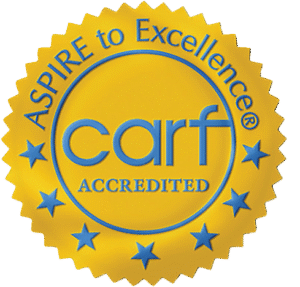The teenage years, spanning from ages 12 to 18, are marked by significant physical, mental, and social changes. While some teens navigate this period smoothly, others may face difficulties in adapting.
Teens who develop eating disorders often exhibit signs of personal struggles. Although all teens experience worries and concerns, those with eating disorders may have fears and anxieties that become overwhelming and dominate their lives. Common worries include friendships, school and work demands, appearance, family issues, dating, bullying, and future plans. These concerns can lead to feelings of inadequacy, anxiety, anger, or sadness, causing stress and a loss of self-confidence and control.
Coping Mechanisms for Teens
It’s natural for teens to seek ways to alleviate negative feelings and thoughts. Positive coping strategies include engaging in sports, creative arts, or volunteer work, which can help reduce stress and boost self-esteem and resilience.
However, some coping strategies can be harmful and disrupt a teen’s daily life, personal development, and mental and physical health. Unhealthy methods such as extreme dieting, striving for thinness, substance abuse, or antisocial behaviors can lead to further distress and isolation, potentially resulting in eating disorders or addictions.
Warning Signs of Eating Disorders
If not addressed, eating disorder behaviors can lead to serious physical and emotional issues. Here are some signs that a teen may be struggling with an eating disorder and needs immediate help:
- Irritability, depression, and social withdrawal
- Excessive focus on calories, food, or “healthy eating”
- Frequent negative comments about weight and shape
- Restriction of food intake
- Making excuses to avoid eating
- Significant weight loss or gain
- Compulsive exercising
- Eating large amounts of food in a short period
- Eating alone, at night, or secretly
- Using laxatives or diet pills
- Going to the bathroom immediately after eating
Helping Your Teen with an Eating Disorder
As a parent, you know your teen best. If you notice unusual behaviors and suspect an eating disorder, start by talking to them. Encourage them to share their worries and concerns using “I” statements, such as: “I’ve noticed you might be going through a tough time. I’m here to listen or talk and see if I can help.”
Remain calm and avoid judgment or blame. Teens struggling with eating disorders may resist opening up about their feelings or behaviors. Assure them of your support and care, regardless of the situation.
Prevention and Treatment:
Eating disorders can be prevented by addressing early signs of preoccupation with body weight and image. Teens can learn healthy coping strategies to manage their worries and challenges. Parents, schools, and communities play a crucial role in fostering these skills to prevent eating disorders.
If symptoms are severe, medical treatment may be necessary to address critical physical conditions. If your teen’s health is rapidly deteriorating, seek immediate help from a healthcare provider or community health center.
Most teens with eating disorders can recover with support from family, friends, and community resources. There are many resources available to provide reliable information and connect you to local support.
.
.
.









